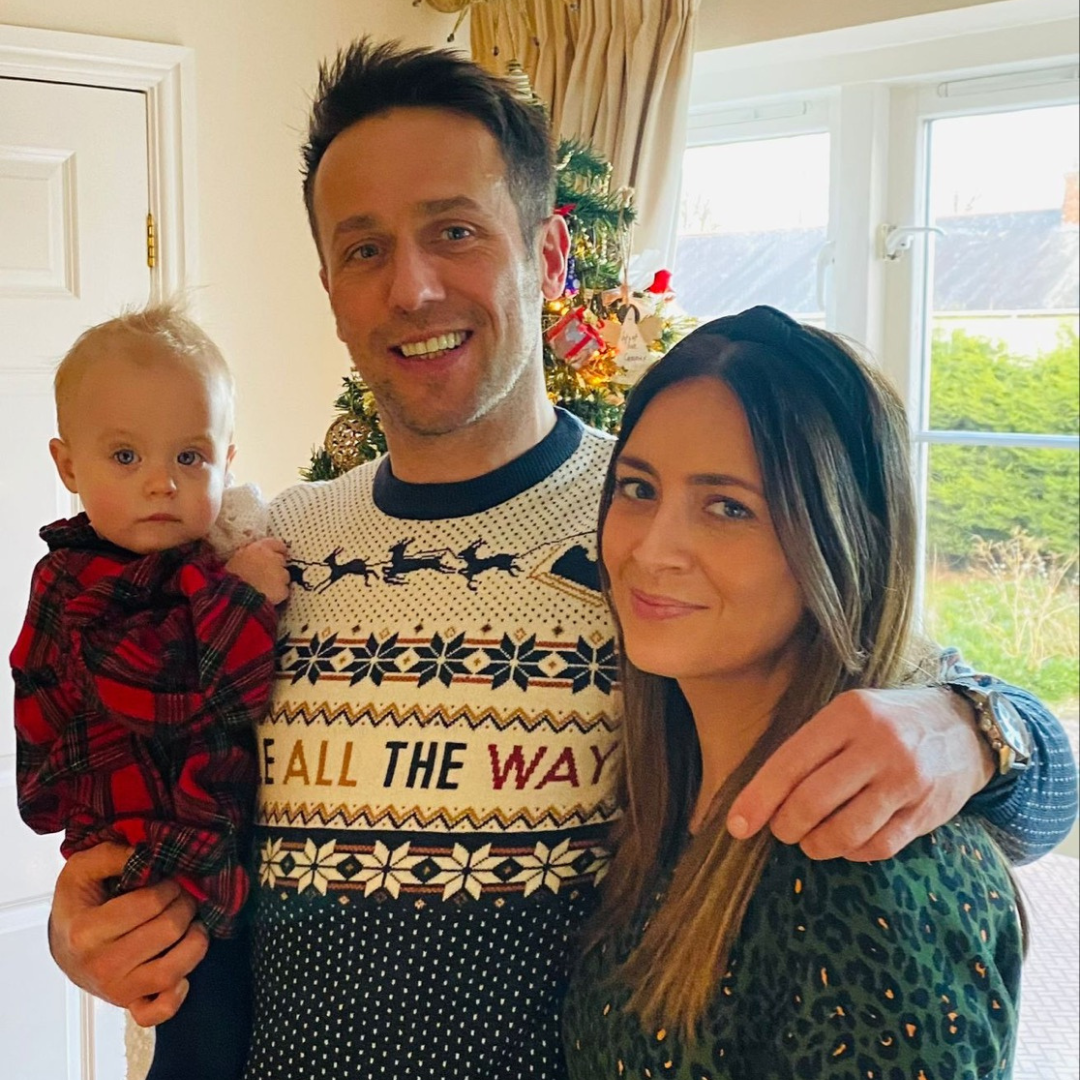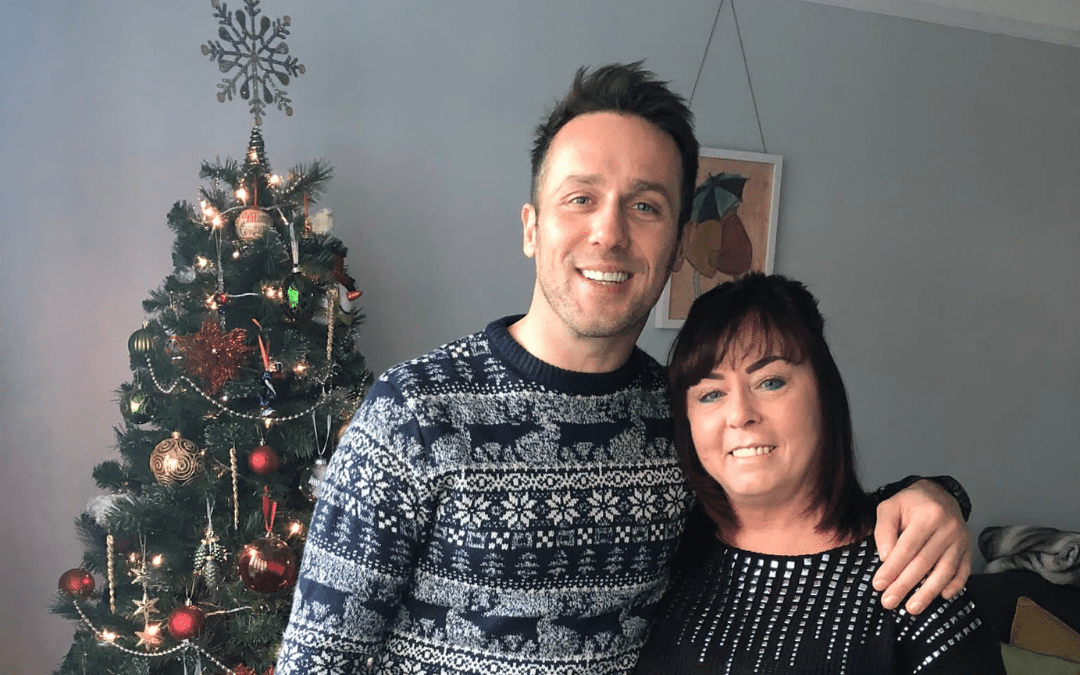Christmas is both a religious and cultural holiday, centred around the birth of Jesus and celebrated all around the world. It is a time for giving, joy and cheer which can help people feel more connected to each other. That is for most people.
Sadly, after acquired brain injury, that’s not always the case. Christmas can be a daunting, confusing and stressful time for survivors. I know, as I felt this way during my own recovery.
This blog will give an insight into my experiences and offer advice to people affected.
In 2012…
I suffered a frontal lobe brain injury on Easter bank holiday. This meant that I was 8 months into recovery during my first Christmas. At the time, I was still making sense of the injury. Challenges with executive functions affected my mood and personality. I wasn’t the same and this impacted relationships with everyone around me. Despite not being able to drive, I had managed to return to work one day a week.
Looking back, I found Christmas 2012 the hardest. This was partly due to it being my first one after the injury – I didn’t know what challenges would present on this annual occasion so I didn’t have any coping strategies prepared. Doing certain things for the first time after brain injury was always the most difficult in my experience.

What did I find tough?
- Limited budget – not being able to contribute as much to the household shopping or have my usual income to buy the same standard of presents left me feeling low.
- Thinking of what presents to buy – I struggled to make decisions. Trying to predict what people might like was really confusing and draining.
- Planning trips to the shops to buy presents – trying to plan the time to buy presents (in secret) was a difficult task. Not being able to drive didn’t help.
- Hustle and bustle whilst shopping – the crowds, noise and busyness could cause sensory overload and leave me feeling anxious and fatigued.
- Changes to my daily routines – no structure to the day/s and things happening that I didn’t anticipate could leave me feeling confused and agitated.
- My situation in general – life had changed so much. I was still coming to terms with what had happened to me. Not being able to engage in Christmas like I had done in the past was frustrating.
Despite that year being tough, I tried my best to enjoy what I could. My loved ones did their best to support me. We were all learning how to adjust and help us cope better.

My advice to others…
- Don’t be too proud to ask for support – not being honest with what I was struggling with didn’t help me or my family. If I’d have reached out for support it would have made things a lot easier all round.
- Don’t expect too much from yourself – remember that you’ve had a serious injury, and you won’t have as much energy to give at Christmas. Take breaks in between activities and be realistic with what you can manage.
- Ask loved ones – take away the burden of decision making and ask your loved ones what presents they would like for Christmas.
- Ask loved ones to help you order/pick up presents – don’t let the thought of visiting multiple shops or making online orders feel overwhelming and negative. A little help can make it a positive experience.
- Routine – although it’s common for routines to go out of sync at Christmas, it’s a good idea to try and create some structure to your week. Ask your loved ones to plan a few days in advance so that you’re aware of what’s coming up.
- Overall – be kind and compassionate to yourself. Plenty of self-care and positive self-talk. You’re doing great!
I’ve implemented the above over the years and I’m able to enjoy Christmas as much as I did pre-brain injury.
Wherever you are during brain injury recovery, I send you a message that things can get better. Keep going and enjoy what you can at this special time of year!
Merry Christmas and all the very best,
Paul

Thank you forr these useful strategies
Which can be useful see for al major
Events
I have kept to the same routine andsince my brain 🧠 injury any change or large event or social setting is a cause of anxiety and frustration